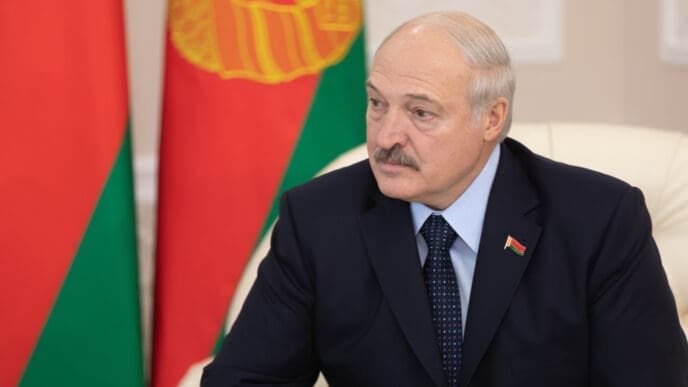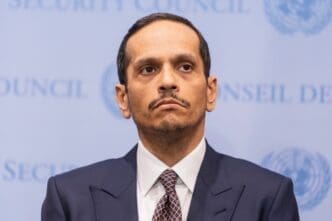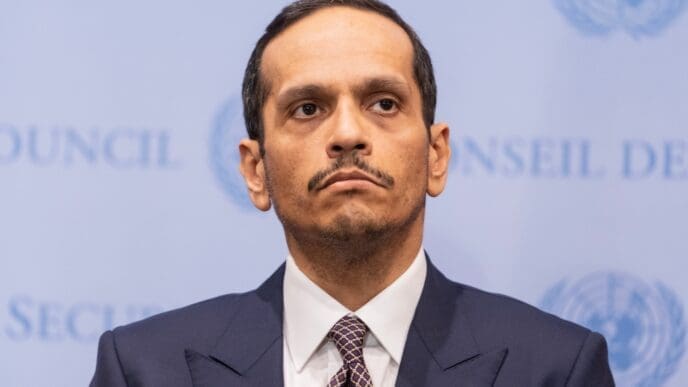Concerns have been raised by patients, medical organizations, and physicians regarding the lack of emphasis on health care in the federal election campaign. This sentiment intensified when health care was omitted as a theme in the upcoming leaders’ debates. Scheduled for Wednesday and Thursday, the debates will address topics like affordability, trade wars, and climate, as announced by CBC/Radio-Canada.
The Canadian Federation of Nurses Unions has criticized the exclusion of health care as a debate theme, highlighting the national shortages of nurses and primary care providers as critical issues demanding solutions. The organization emphasized that ignoring these issues sends a message that health care is not a priority, which they consider unacceptable and dangerous.
Dr. Keith Smith from the University Health Network expressed disapproval, describing the decision as “tragic” during a health panel discussion. He urged Canadians to demand concrete commitments from political leaders on health care, rather than mere platitudes.
Despite health care often being seen as a provincial issue, physicians argue that the federal government plays a significant role. Ottawa provides health care for Indigenous populations, military members, and in correctional institutions. It is also responsible for drug regulation, vaccine procurement, and enforcing the Canada Health Act, which governs the coverage of health services provided by physicians and hospitals.
In the last Parliament, the Liberal minority government and the New Democrats collaborated on the Canadian Dental Care Plan to reduce costs for eligible patients. They also passed legislation enabling agreements with provinces and territories for diabetes and contraceptive coverage. Pharmacare agreements have been reached with several provinces, though timelines for implementation vary.
Maggie Archibald, a Nova Scotia resident living with endometriosis, exemplifies those affected by the lack of provincial agreements. Despite surgical intervention, she continues to rely on medication and an IUD to manage her symptoms. Her private insurance covers a significant portion of the costs, but many without such coverage face financial burdens.
Dr. Joss Reimer, president of the Canadian Medical Association, stresses that publicly funded coverage for contraceptives and diabetes medications is essential for maintaining Canadians’ health and reducing long-term health care costs. The CMA expressed disappointment that health was not included as a debate topic and has called for addressing Canada’s struggling health workforce.
Acknowledging the focus on the economy and tariffs in the debates, Dr. Reimer highlighted the interconnectedness of economic health and public health, emphasizing that a healthy population is necessary for a thriving economy.
The Evolving Landscape
The omission of health care from the debate themes has sparked significant discourse on its importance in the political arena. For individuals relying on medications and medical devices, the lack of provincial agreements can lead to considerable financial strain, highlighting the need for comprehensive policies.
The national shortage of health care professionals further exacerbates the issue, as many Canadians struggle to access timely care. This impacts not only individual health outcomes but also places additional stress on the overall health care system.
Addressing these challenges requires coordinated efforts from both federal and provincial governments to ensure equitable access to essential health services for all Canadians. As the election campaign progresses, these issues remain critical for public discourse and decision-making.












